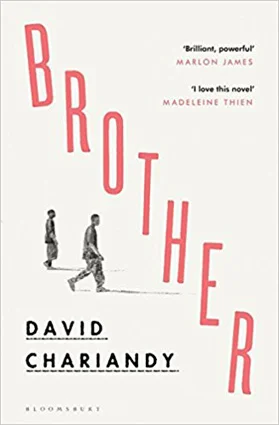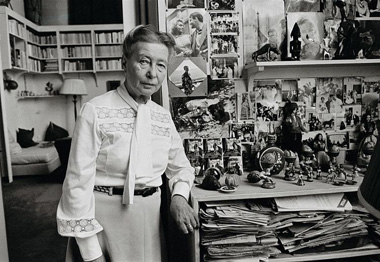Every generation needs a new young narrative voice to articulate the feelings of disaffection that come with that particular time. From Emma Bovary to Holden Caulfield to Jim Stark to Angela Chase these alienated voices speak to those who feel outside the mainstream. None of the other characters in their stories can understand why these narrators are so problem-ridden because the protagonists are often born into lives of privilege and promise. The heroes of these stories don't feel like a hero to themselves because they are so confused and jaded and their lives are in utter shambles. But to many readers and viewers they articulate a blunt honesty, insight and humour about the anxieties many feel at that time.
It feels like Maya, the narrator of Jade Sharma's debut novel, could be the outsider voice of this generation. Her marriage is inane. Her lover is distant. Her job at a bookstore is going nowhere. Her thesis is unfinished. Her mother is nagging. Her dope habit is getting worse. She's self-conscious about her body size, her skin colour and her distinctly non-PC sexual impulses. Her story has a streamlined candour to it whether she's articulating her desires “I liked feeling like a thing. I like feeling like nothing” or expressing the self-disgust which accompanies feeling overweight “The worst was to feel both fat and hungry.” We follow her journey as she spirals into ever more debased and degrading circles of behaviour and her struggle to find meaning and purpose. But this isn't presented in a self-pitying way. Rather, her narrative has a lucidity, wry humour and insight that acts as a touchstone which many people will be able to sympathize with and relate to even if their experiences are far different from Maya's.
A trip to her in-laws for Thanksgiving perfectly captures all the gut-wrenching awkwardness of an obligatory trip to someone's family home. Maya is constantly plagued by self-consciousness from the moment she arrives and struggles to fit into this family's traditions, routines and Christian values. The family tries to integrate her into their home and make her feel welcome but this often produces the opposite result. When Maya makes gestures to try to participate by suggesting a movie for everyone to watch or help rake leaves in the yard the comically disastrous results only make her into more of an outsider. She achieves the perfect tragicomic tone when she remarks how being at her in-laws “was like a job. A bad shift at a bad job.” While experiences like this are soul-crushingly bleak to live through they are great fun to read about because it’s so easy to empathize with Maya’s discomfort.
The narrative takes an interesting turn when Maya slips frighteningly further into addiction, prostitution to support her drug habit and vice. Her descent into repeating self-destructive behaviour causes her to become more an observer of her life rather than the one actually inhabiting it. This detachment seems to reflect how she can recognize the problems she’s readily engaging in, but she’s helpless to stop herself from participating in them. An interesting way which the author plays with point of view is when Maya meditates on her consumption and relationship to porn. In one fascinating passage she describes how she desires to feel her identity shift fluidly from one sexual participant and gender to another while watching it: “In one way or another, I wanted to be the men, and I wanted to hurt the woman. I wanted to hurt like the woman, and I wanted to hate the men for hurting me. I wanted to be the man at home jerking off wanting to be the man wanting to hurt the woman. And then I wanted to hurt more.” This sense of simultaneously inhabiting each participant in sex: tormenter and tormented, perpetrator and victim, exhibitionist and voyeur effectively shows the power play at work behind the physical act. It also describes how sex can be another kind of addiction with ceaselessly recurring patterns backed by some unresolved emotional discord.
Some readers will no doubt become impatient by Maya’s self-centredness and frustrated by her inability to progress out of her desultory state, but others will undoubtably find her to be the sole voice of reason while living through a modern malaise. By following the details of Maya’s life, Jade Sharma engagingly and succinctly captures many common ephemeral thoughts and feelings which are often contradictory. This is the experience which makes up modern existence. Every era of society throws up new expectations and challenges to succeed. It’s never ideal. It’s what drives us to seek out an honest reflection of all the poisonous emotion which prevents us from becoming the fully-realized individuals that we’re expected to become. This is why we need Maya’s voice.
This review also appeared in the Open Letters Review: https://openlettersreview.com/open-letters-review/problems-by-jade-sharma






















